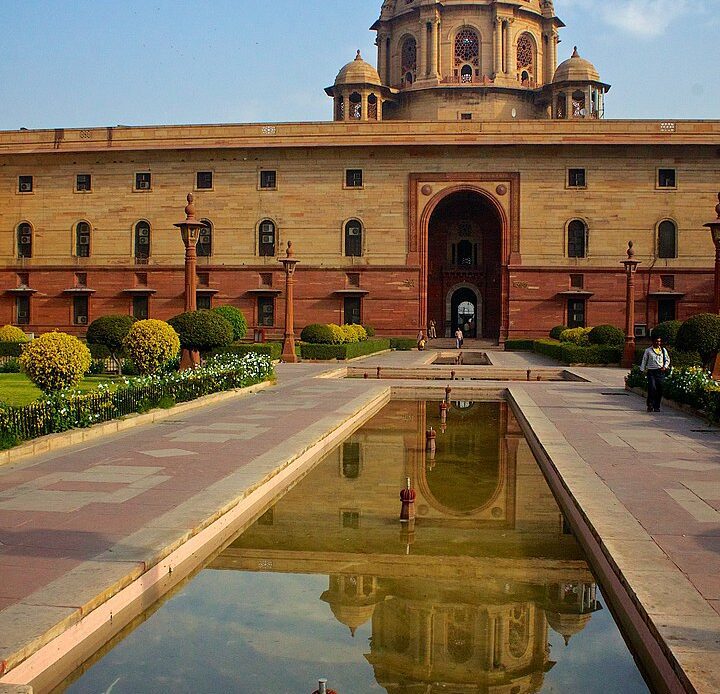The Indian crypto landscape lost some momentum this year as the government introduced two laws demanding crippling taxes on crypto-related unrealized gains and transactions.
India’s first crypto law, which requires its citizens to pay a 30% tax on unrealized crypto gains, came into effect on April 1. A commotion among the Indian crypto community followed as investors and entrepreneurs tried to decipher the impact of the vague announcement with little or no success.
Knowing that India’s second crypto law — a 1% tax deduction at source (TDS) on every transaction — would translate into an even greater impact on trading activities, numerous crypto entrepreneurs from India considered moving bases to friendlier jurisdictions.
Following the imposition of additional taxes, Indian crypto exchanges reported a massive drop in trading volumes. Data from CoinGecko confirmed that trading volumes on Indian crypto exchanges are down 56.8% on average as investors eye off-shore exchanges to cut their losses on unforgiving taxes.
However, India’s finance minister Nirmala Sitharaman previously acknowledged the resultant backlash and revealed plans to reconsider amendments to crypto-related taxes upon careful consideration.
Grassroot impact of crypto regulations in India
Within just days of implementing India’s infamous crypto laws, crypto exchanges in the region reported a massive slump in trading volumes. Nihal Armaan, a small-time crypto investor from India, told Cointelegraph that taxation is not a deterrent when dealing with cryptocurrencies.
Instead, he compared the imposition of a flat 1% tax as a way of capital lock-in, a feature used by corporates to prevent investors from taking away their funds, adding that “The TDS isn’t the issue, the amount of TDS is — since it evidently reduces the number of trades a person can carry out with their capital at hand.”
Kashif Raza, founder of crypto education startup Bitinning, told Cointelegraph that implementing TDS is a good first step in ring-fencing the crypto industry in India. While Raza added that investors like himself who trade less might not feel the repercussions of such a law, he did acknowledge that “the amount of TDS is a topic of debate as there are many active traders in the crypto industry who have been affected by this decision.”
Contrary to the…
Click Here to Read the Full Original Article at Cointelegraph.com News…
























